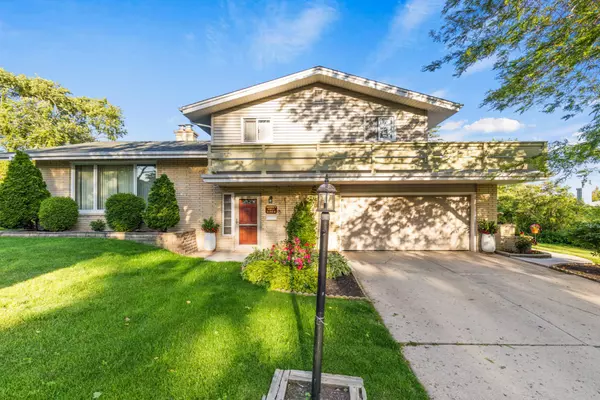Upgrading Your Home: A Guide for Experienced Homeowners


As an experienced homeowner, you're likely well-versed in the intricacies of home ownership. Upgrading your home, however, brings its own unique set of challenges and rewards. If you're considering an upgrade, it's crucial to carefully navigate the process to ensure it aligns with both your desires and your lifestyle. In this guide, we’ll tackle two essential aspects: identifying your needs and wants in a new home and balancing the delicate act of selling your current home while buying a new one.
Identifying Your Needs and Wants in a New Home
Before diving into the real estate market, it's essential to have a clear understanding of what you need and want in your new home. Start by making a comprehensive list. Your needs are non-negotiable features that a new home must have. These could include the number of bedrooms, proximity to good schools, or a home office if you work remotely. On the other hand, wants are desirable features that would enhance your living experience but could be compromised if necessary—think of amenities like a swimming pool, a larger garden, or a state-of-the-art kitchen.
Analyzing your current home is a good starting point. What aspects do you love? What features are you lacking? For example, if you’re dreaming of more outdoor space, prioritize finding a home with a larger yard or garden. Consider future needs as well. Are you planning to expand your family or perhaps downsize? Ensuring your new home aligns with both your current and future plans is vital for long-term satisfaction.
Selling Your Current Home While Buying a New One
Juggling the sale of your current home while purchasing a new one is a fine balancing act that requires meticulous planning and execution. Timing is everything. Ideally, you'll want to sell your current home at a great price while having a new home waiting for you. However, the real estate market often isn't that predictable. To make the transition as smooth as possible, here are some strategies you can employ:
1. **Financial Preparation**
Prepare for overlapping costs. This includes having extra funds available for down payments, closing costs, or even temporary housing if there’s a gap between selling and buying. Speak with a financial advisor to understand your current financial situation and get pre-approved for a mortgage. This pre-approval not only clarifies your budget but also makes you a more attractive buyer.
2. **Hire a Skilled Real Estate Agent**
An experienced real estate agent can be an invaluable asset. They can offer insights into market conditions, help price your home competitively, and negotiate terms on your behalf. Ensure your agent is aware of your timeline and objectives. A good agent will help synchronize the selling and buying processes to minimize stress and financial strain.
3. **Consider a Contingency Offer**
In a hot market, sellers may be reluctant to accept offers contingent on the sale of your current home. However, in a buyer's market, contingencies can provide a safety net. Discuss the pros and cons with your agent to see if a contingency offer on your new home is viable.
4. **Marketing Your Current Home**
Ensure your current home is market-ready. This might involve staging, deep cleaning, and making necessary repairs. High-quality photos and virtual tours can attract a larger pool of potential buyers. The goal is to sell your home quickly and at the best price, easing the transition into your new home.
By being strategic and organized, you can turn the potentially stressful process of upgrading your home into a rewarding venture. Identify your needs and wants with clarity, and approach the selling and buying process with a plan in hand, enlisting trusted professionals to guide you along the way. With the right preparation, stepping into your upgraded home can be as fulfilling as you’ve always imagined.
Categories
Recent Posts





